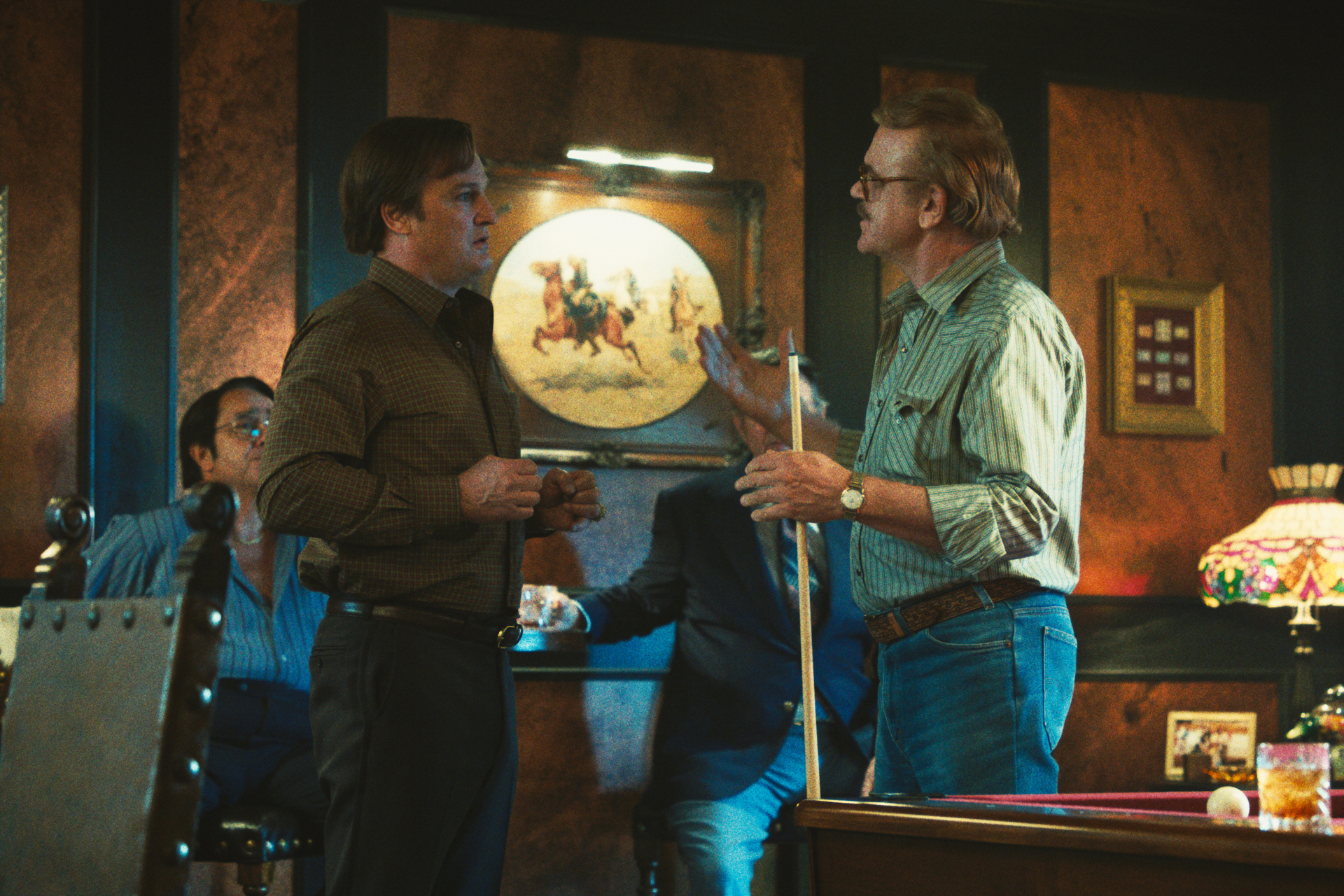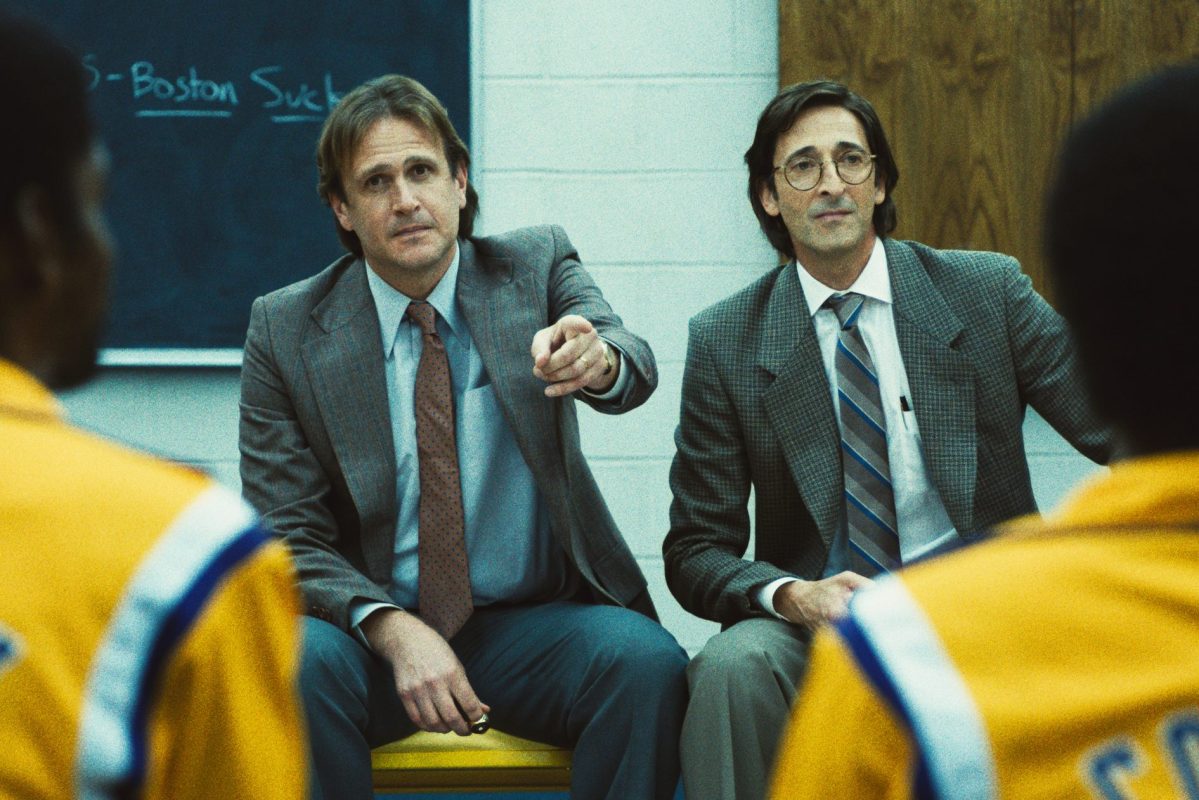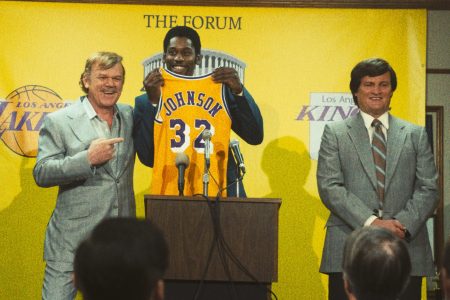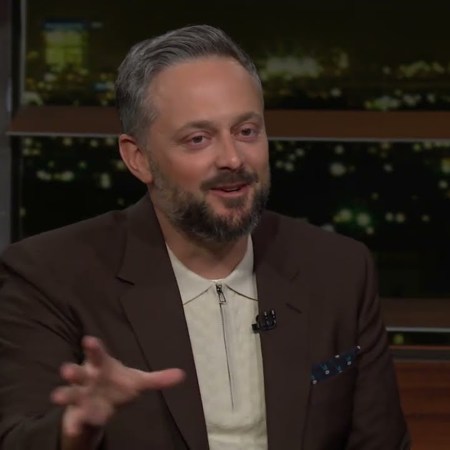Full of sex, drugs and dramatized recreations of NBA basketball that do their real-life subject matter justice, season one of Winning Time: The Rise of the Lakers Dynasty excellently showcased the glitz, glamour and excess that arrived in Los Angeles when Dr. Jerry Buss purchased the Lakers in 1979 shortly before the team was able to draft a guy who came to be known by a single name: Magic.
Starring John C. Reilly (Buss), Quincy Isaiah (Earvin “Magic” Johnson), Adrien Brody (Pat Riley), Jason Segel (Paul Westhead), Hadley Robinson (Jeanie Buss), Jason Clarke (Jerry West), Michael Chiklis (Red Auerbach), Sean Patrick Small (Larry Bird), Solomon Hughes (Kareem Abdul-Jabbar) and many others, Winning Time will be returning for a second season next month with the first episode set to drop on August 6. Focused on the period just after the NBA Finals in 1980 through 1984, the second season of Winning Time continues to delve into the professional and personal lives of the Showtime Lakers as the franchise experiences success and failure and rekindles a cross-country rivalry with the Boston Celtics.
Produced by Adam McKay, co-creator Max Borenstein, writer Rodney Barnes and others, the show’s first season drew criticism from some of the characters who were depicted fictionally by the actors, most notably West. “The series made us all look like cartoon characters,” West said last year. “They belittled something good.”
The cast and crew were obviously made aware of the complaints from West and others who appeared in the sports dramedy, but Clarke maintains that the criticism did not alter the way they played their Winning Time characters or the course of the show’s second season.
“Jerry expressed very clearly that he was unhappy. HBO responded very clearly and very specifically with a number of passages from his very own book. I never wanted to offend the man,” Clarke tells InsideHook. “I went back and read his book a number of times again. I went, ‘You know what? I think I’m in the ballpark here, mate.’ Of course, his journey in season two is completely different. Season one was a very existential crisis for Jerry and we compacted a lot of that into a couple of very intense episodes. Now you see Jerry transitioning as he starts to understand how he can be part of this game he loves without tearing himself and others apart.”
For Segel, it’s a similar story. “Mr. Westhead and I had a nice back-and-forth when I first started,” he says. “My approach, because he was a Shakespearean scholar, was to sort of take that approach to the character and I hope he appreciates that. It felt in keeping in line thematically with how I wanted to tell his story. For me, it was actually pretty clear that season one was about the ascent and season two was about the downfall. It was fun. I got to play the downward side of that journey.”
Can “Winning Time” Move Past Its Adam McKay Problem?
Grating fourth-wall breaking and onscreen chyrons get in the way of what should be a compelling story in the director’s Lakers seriesLike West, Johnson was also critical of the show and said he wouldn’t watch it because neither HBO nor the show’s producers reached out to him or his teammates about the project. It’s his loss as that means Johnson didn’t see Isaiah’s larger-than-life portrayal of his younger self.
“Where the beauty comes from is having these conflicts about your character and allowing it to show. They’re making difficult decisions and I think that’s when it becomes interesting. That’s when you get to see a full person,” Isaiah says. “There are things that might be seen as bad or negative, but it’s just this person being an honest person. The viewer might not agree, but that’s the way the character went about it and that’s the way that our writers wanted us to go, so we as actors have to make it authentic to us. That’s fun for me.”
In addition to being fun, portraying a living legend like Riley induces another sort of feeling in Brody.
“Whether a man is dead or alive and I’m supposed to represent that person, there’s a lot of pressure. Especially if you hold them in really high regard,” he says. “There’s a lot of work to be done to protect them. Sometimes the writing might go against what your instincts are and you have to be true to the storytelling and that’s also your responsibility. But I always try to find complexity in representing a person. There are certain characteristics I want to really make sure feel honest.”

Since Dr. Buss died a decade ago, there’s no way Reilly could have received feedback from him about his portrayal of the visionary owner. But Reilly did receive an assessment from another member of the Buss family while he was at a Laker game.
“Jeanie came right up to me. I didn’t know how she was going to react and thought maybe she didn’t like the show, but she was so cool,” he said. “She told me stuff about her dad that I didn’t know and she said her dad liked me as an actor, which just blew me away. That said, I didn’t really change what I was doing on the show. I think we have the same obligation in the second season as we did in the first season, which is to tell the uncomfortable parts and the exciting parts, warts and all.”
It was a recipe for success in the first season, so expect more of the same when Winning Time returns in August.
The Charge will help you move better, think clearer and stay in the game longer. Subscribe to our wellness newsletter today.


























